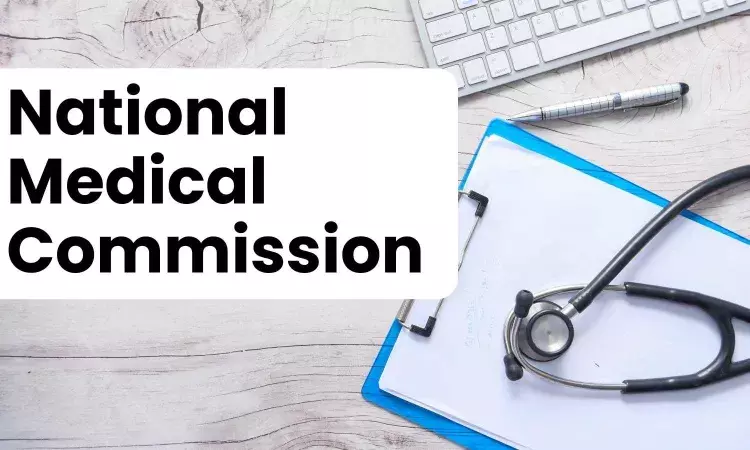NMC :
In a significant move, the National Medical Commission (NMC) has called upon all states and Union Territories (UTs) in India to abolish the practice of seat-leaving bonds in medical colleges. This step aims to address the concerns raised by students and parents regarding the unfairness and financial burden associated with such bonds.

Seat-leaving bonds, also known as anti-ragging bonds, are agreements that students must sign at the time of admission to medical colleges. These bonds require students to pay a certain amount of money if they decide to leave the college before completing their course. The intention behind bonds is to prevent students from abandoning their studies midway and ensure that they fulfill their commitment to the institution.
However, the NMC recognizes that bonds can create a financial burden on students and their families, especially in cases where students have valid reasons for discontinuing their studies. Many students face unforeseen circumstances or changes in personal circumstances that necessitate leaving the college. In such cases, the financial burden imposed by bonds can be a significant obstacle.
Moreover, the NMC believes that bonds may discourage students from pursuing their true interests and career aspirations. The fear of being bound by a financial obligation can force students to continue studying in a field they are no longer passionate about, leading to dissatisfaction and decreased motivation. This can ultimately have a negative impact on the quality of healthcare professionals being produced.
By urging states and UTs to do away with bonds, the NMC aims to promote a more student-friendly and inclusive environment in medical colleges. The focus should be on supporting students in their educational journey and ensuring that they have the freedom to make informed decisions about their career paths without unnecessary financial burdens.
The NMC suggests alternative measures that can be implemented to address the concerns of medical colleges regarding students leaving mid-course. These measures include counseling services to help students navigate challenges and make informed decisions, as well as stricter admission criteria to ensure that students entering medical colleges are committed to pursuing a career in healthcare.
It is important to note that the NMC’s recommendation to eliminate bonds is not a blanket statement against all forms of financial agreements between students and institutions. The NMC acknowledges that certain financial obligations, such as those related to hostel fees or security deposits, may be necessary to ensure the smooth functioning of medical colleges. However, the focus should be on ensuring that these financial obligations are reasonable and do not create unnecessary barriers for students.
The NMC’s call to abolish bonds is a positive step towards creating a more student-centric approach in medical education. It recognizes the importance of supporting students and empowering them to make choices that align with their aspirations and circumstances. By removing the financial burden associated with bonds, medical colleges can foster a more inclusive and supportive environment for their students.
It is now up to the states and UTs to consider the NMC’s recommendation and take appropriate action to eliminate bonds in medical colleges. This move will not only benefit the students but also contribute to the overall improvement of the healthcare education system in India.





